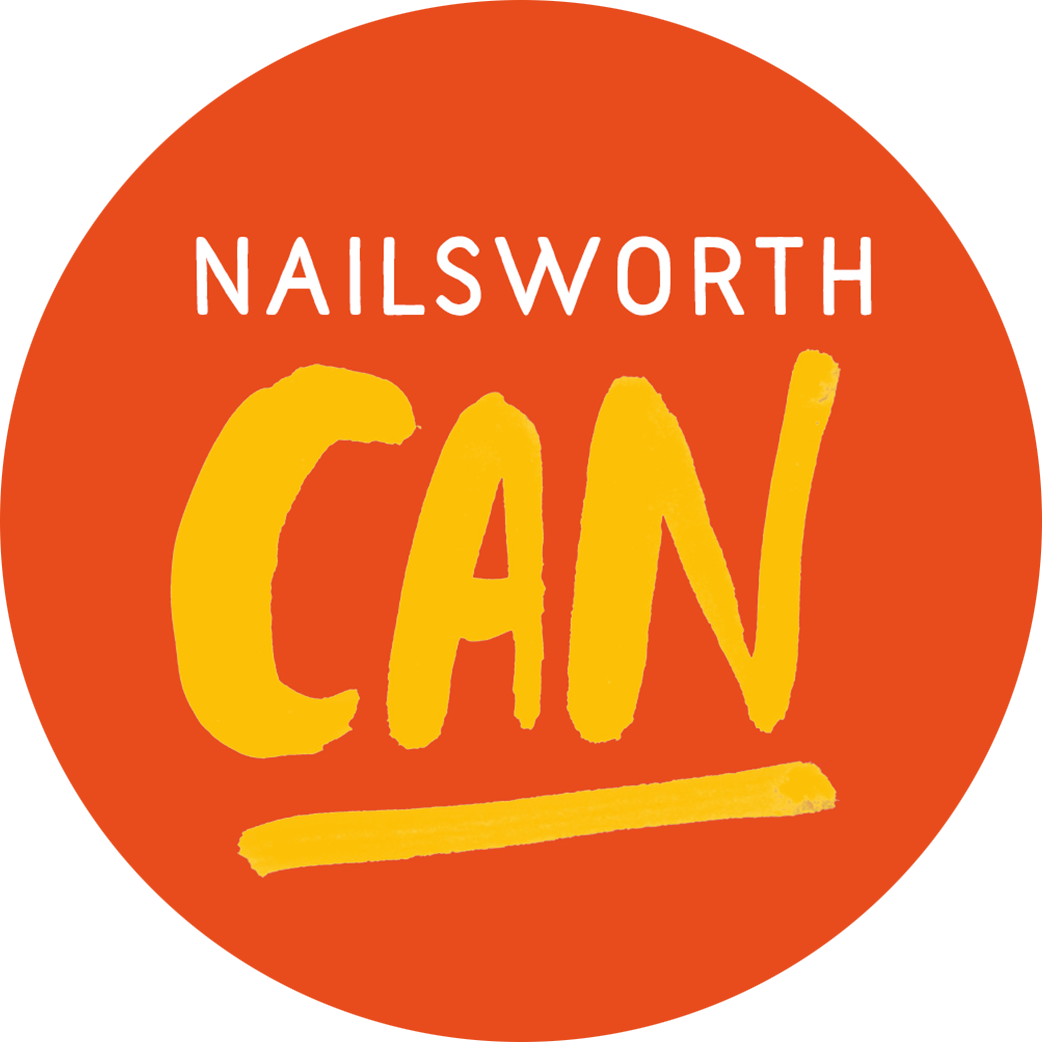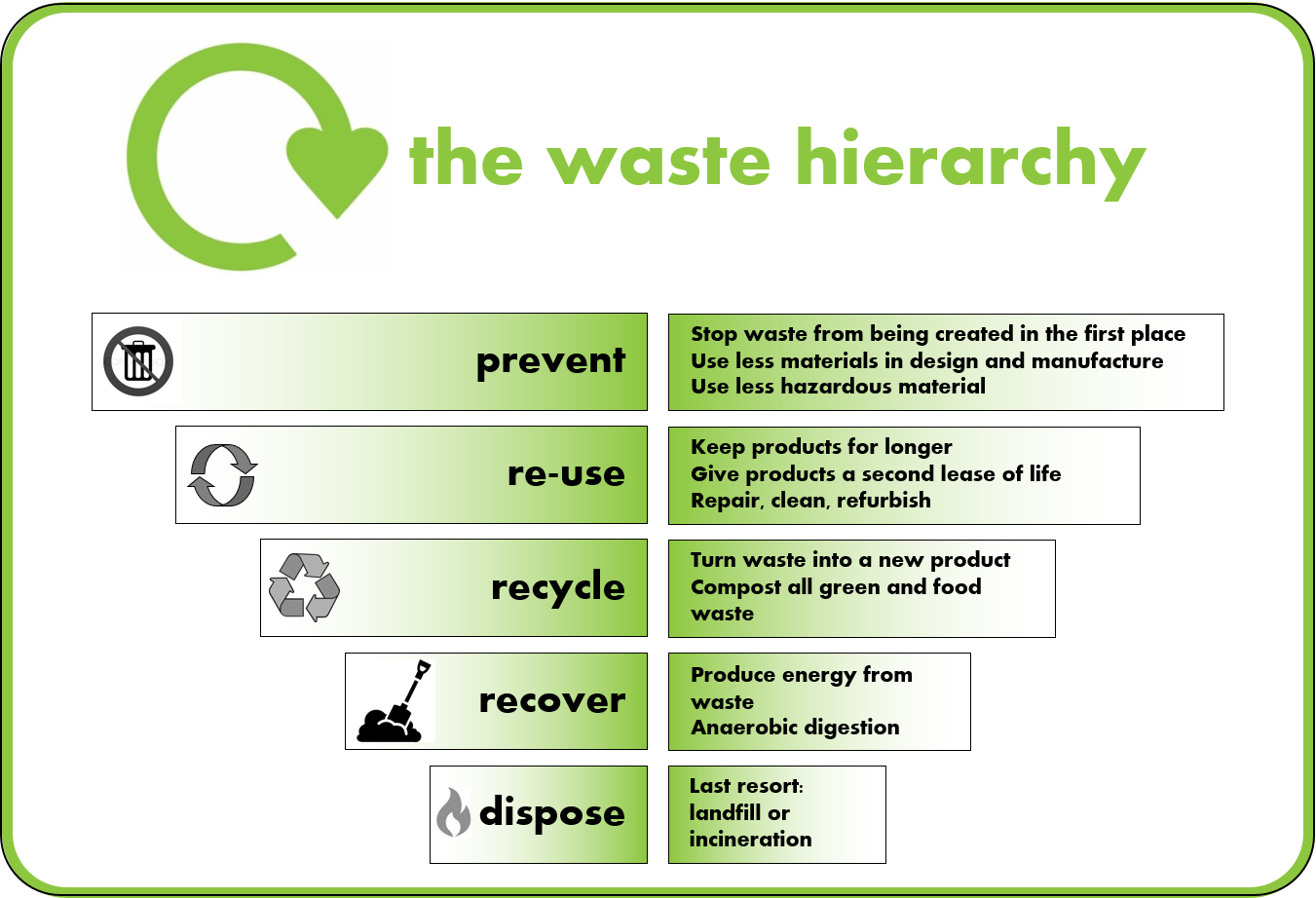Waste
Projects
We previously covered Practical Tips for this theme, now we want to look at Projects that the town, community groups or businesses can sponsor or participate in, to Build Back Better, and help achieve the carbon net-zero goal that SDC has set for 2030.
There is often a big focus on recycling, but the first things we all must try to do is to reduce the need to recycle in the first place. If we have enough food we don’t need to recycle food waste, for example. If we repair that old clock, then we don’t need to discard it. If we avoid single use plastic, we won’t have anything like the mountain of plastic we see today.
Projects
Some of the project ideas suggested so far for Waste:
Repair Cafe: To increase the funding - with help from NTC - to resource and staff Nailsworth’s Repair Cafe to be open more regularly.
Recycling: All shops and businesses to consider how they can improve how they deal with waste, and offer opportunities for refill or recycling (Note: Nailsworth Library has created a list of outlets in the town that do various kinds of recycling, e.g. for batteries).
Sharing & Swapping: To have a system in place to make it easy to share and swap tools, gadgets etc.
Library of Things: A way to share an swap, is create a library of donated things - tools, gadgets, etc. - that can be checked in and out just as in a normal library.
Rainswater Harvesting: To promote rainwater harvesting for gardeners during droughts.
Plastic Recycling: To build on the existing recycling in town, and specifically to get Supermarkets to play their role in recycling plastics; but to aim for less single use plastic in the first place.
Green Procurement: Encouraging and support public institutions and businesses to do green procurement.
Courses: To offer courses in repairing clothes (and making them), and other skills.
Community Resources: Ideas such as a community woodchipper.
What are the benefits of these projects?
Carbon Reduction: Avoids emissions by reducing waste, and for organic waste, reduces methane emissions from waste tips.
Local Economy: Jobs that deal with repair and other ways to reduce waste. By working to provide for ourselves as a community, we keeping money within the town.
Fairness: Less waste and sharing can help those on lower incomes access goods and services.
Health & Wellbeing: Reducing consumption, eating well, and slowing down, can have big benefits to our mental health.
Nature Restoration: Reduce landfill and toxic products in the environment
Resilience: By being better at looking after our own needs, we become more resilient as a town.
Resources
Quick Bites
The two sites shown here contain a wealth of useful information in many ‘quick bites’. Useful tips and ideas.
Deeper Dives
There is something even more fundamental than the Waste Hierarchy at work. It is the way we produce and consume things in a way that ignores its impact on the environment, as though it is an infinite resource that does not ‘cost’ anything. This is traditional economics. Kate Raworth is a leading light in developing ideas around the ‘circular economy’ and she explore ‘doughnut economics’ (1). WRAP are working with different stakeholders to reduce waste in our society (2).


